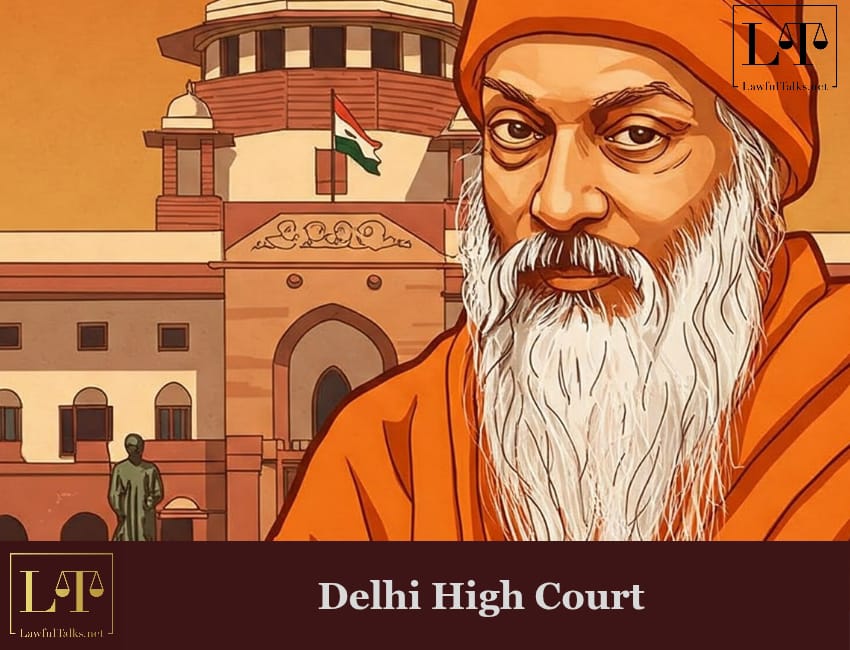Allahabad HC Sets Aside Afzal Ansari's Conviction, Allows Him to Continue as MP

In a bid to protect the legacy of spiritual leader Osho, ‘Osho Friends International’, a global collective of his disciples, urged authorities to block trademark registrations of the name “Osho.” Justice Saurabh Banerjee of Delhi High Court , presiding over the case, directed the Central government and the Trademark Registry to respond to the plea, which seeks to classify “Osho” as a prohibited mark, a move that would bar its commercial exploitation. The court also asked both sides to submit concise written arguments ahead of the next hearing, tentatively slated for July 2025.

The petition hinges on India’s stringent trademark laws, which shield symbols, names, and figures of religious or moral significance from being monopolized for profit. Prohibited marks, as defined under Indian statutes, encompass national emblems, offensive imagery, deceptive terms, and crucially, revered religious personalities like Guru Nanak, Swami Vivekananda, and Lord Venkateswara.
‘Osho Friends’ argue that the philosopher’s name holds comparable sanctity for millions of followers worldwide and deserves similar legal protection. “Osho’s teachings transcend commerce. Allowing his name to be trademarked would trivialize his spiritual legacy,” Senior Advocate Abhishek Malhotra contended during the hearing, drawing parallels between Osho’s global influence and the venerated figures already on the prohibited list.
Central to the dispute is the fear of commodification. Prohibited marks are not merely legal categories; they reflect societal values. For instance, terms like “Champagne” or “Darjeeling” are guarded as geographical indicators, while religious icons are insulated from commercial misuse to prevent hurt sentiments.
The petitioner emphasized that Osho, born Chandra Mohan Jain, evolved into a spiritual icon whose discourses on mindfulness and self-awareness attracted a devoted following akin to organized religious movements. “This isn’t about ownership; it’s about preventing dilution,” a member of Osho Friends had observed.
The Trademark Registry’s stance remains pivotal. It is an attested fact that the Registry has barred trademarks involving figures like Sai Baba or Sikh Gurus to respect communal harmony. If “Osho” is added to this list, it would set a precedent for protecting modern spiritual leaders whose influence rivals traditional religious entities. However, the path is contentious. The Registry must weigh the philosopher’s secular teachings against claims of religious equivalence.
Ironically, ‘Osho Friends’ itself is entangled in a separate legal skirmish with the Osho International Foundation (OIF) over copyrights to his works, underscoring the complex tussle between preserving legacy and intellectual property rights. While OIF has historically controlled publishing rights, the current petition reveals a broader ideological clash: Should a spiritual leader’s name be treated as a brand or a shared cultural heritage?
Legal experts suggest the case could redefine boundaries. “Trademark law isn’t static. As societal reverence evolves, so must its protections,” noted intellectual property scholar Rhea Menon. The court’s eventual ruling may hinge on whether Osho’s teachings are viewed as a philosophy or a quasi-religious movement; a distinction with profound implications.
Source: NEWS.






























































































































































































































































































































































































































































































































































































































































































































































